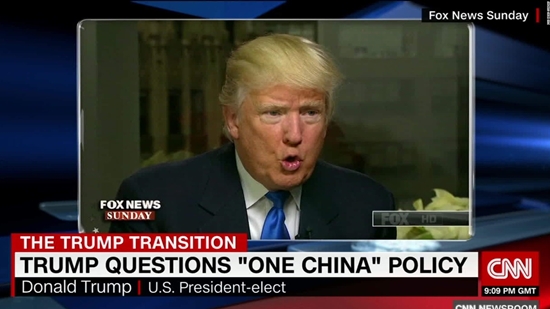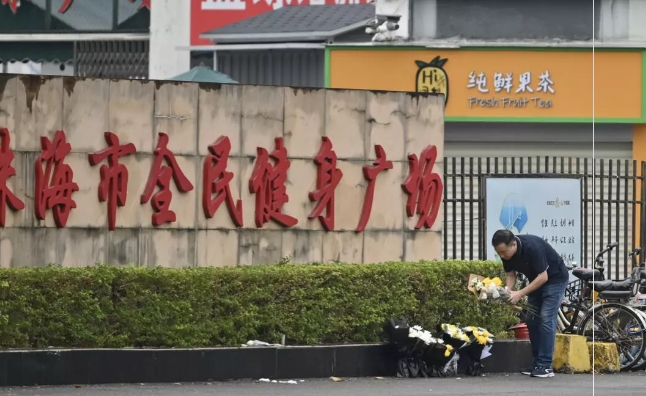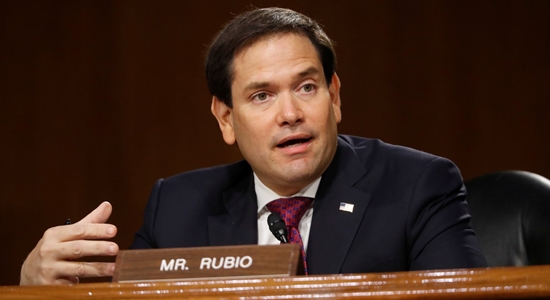
The journalist who got fired by The Wall Street Journal in July for refusing to dissociate herself from the Hong Kong Journalist Association has failed in her appeals to the Journal to be reinstated.
She believes that The Journal dismissed her because it does not want Journal reporters in Hong Kong to be public advocates of freedom of the press given the current political environment there (“Hong Kong journalist to sue Wall Street Journal over sacking,” Radio Free Asia, November 12, 2024):
Selina Cheng, who says she was let go as part of “restructuring” in July after being warned against seeking election as chairman of the Hong Kong Journalists Association, is filing a case with [Hong Kong’s labor tribunal] after her request for reinstatement was unsuccessful.
“I was fired by the Wall Street Journal because of my position as chairman of the Journalists Association,” Cheng told reporters, accompanied by her lawyer, on Tuesday. “I have tried to communicate with and seek mediation with the company’s U.S. representatives via my lawyer but this was ineffective.”
She adds that the Journal “continues to insist that my dismissal was part of layoffs and reject my request for reinstatement.”
Iffy recourse
Unfortunately, her alternative means of seeking redress, submitting her case to an agency of Hong Kong’s government, is iffy at best.
On the one hand, the effort may fail for the very reason that she was apparently fired: the Chinese Communist Party crackdown on liberties and rights in Hong Kong, which includes its upending of the judicial system.
Cheng says: “I have told the staff at the Labor Department that I am very willing to testify in court, and provide all the necessary information. Since there is more than enough evidence to show [that the Journal is] in violation of the law, I think the government should actively prosecute them.”
The government of Hong Kong should actively prosecute The Wall Street Journal? The Chinese Communist Party government? This is the government that opposes the freedom of the press championed by the Association of which Cheng is president. If the Journal fired Cheng to appease the CCP, why would the CCP want to cooperate with her suit?
On the other hand, by asking the Hong Kong government to go after her former employer, she is in effect siccing the Chinese Communist Party on the Journal.
It is also possible, if unlikely, that the labor tribunal is still able to operate independently of the CCP even though so much that goes on in Hong Kong is now directly under its thumb, so that the tribunal will simply consider the case on the merits and act accordingly.





